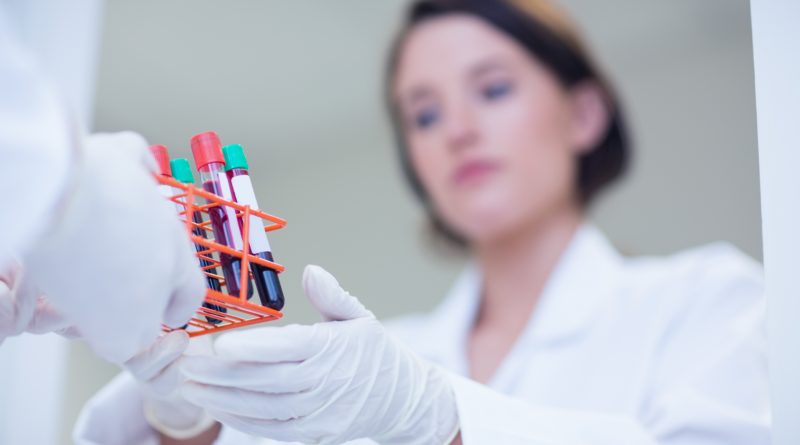Study Participants Asked to Drink Their Own Blood
1,346 total views, 1 views today
Ever fancied being a real vampire? Have you ever thought about what it would feel like to guzzle down a glass of your own blood? Well, congratulations. We may soon be scientifically permitted to do that, as a recent vampire-like study points to a possible way for doctors to diagnose bowel problems.
Crohn’s disease and Ulcerative Colitis are types of Bowel diseases usually characterized by chronic inflammation of the gastrointestinal tract, thus bloody stools aren’t infrequent symptoms sufferers come down with. Other common clinical features of the disease include diarrhea, abdominal pain, fever, fatigue, vomiting, and even weight loss.
However, the current diagnostic protocols for Inflammatory Bowel Diseases have all been associated with significant limitations. Bleeding in the gastrointestinal tract is usually challenging to localize, except endoscopy is done, but this is usually very expensive, and equally invasive. Besides, gauging who is or is not suffering from the disease is a tough task, so is trying to determine if a flare-up is currently ongoing. Most of the presenting symptoms don’t correlate with the degree of underlying inflammation.
Recently, a study was published in the United European Gastroenterology Journal in which Calprotectin, a protein, was found to be elevated when test subjects ingested their own blood (in a bid to mimic gastrointestinal bleeding).
In the study carried out in Triemli Hospital, Zurich, Switzerland, 4 men, and 12 women were asked to ingest about 100-300mls of their blood on two occasions, one month apart.
Drinking blood seemed to increase the levels of Calprotectin found in feces when measured and researchers think that the protein may be able to serve as a reliable marker for gastrointestinal bleeding.
Well, the blood consumption wasn’t particularly as pleasant as most vampire movies made us understand. About half of the participants in the study came down with painful nausea and about 30% suffered from heartburn, diarrhea, and constipation after ingestion. In fact, some couldn’t even bring themselves to consciously gulp down their own blood; they had to make use of nasogastric tubes to direct the blood directly to their stomachs.
Fecal analysis after the blood ingestion revealed that elevated levels of calprotectin (>50 µg/g) were uncommon at baseline, but very common in the days post-consumption of 100-300mls of blood
The study also found that 14 out of the 16 participants ended up having a tarry-black stool. They also tested positive for the Faecal Occult Blood Test (FOBT), thus suggesting a positive correlation between fecal Calprotectin and FOBT.
Although the study was limited by several factors including a small sample size and the fact that the study only used a “single bleeding event,” researchers in Zurich are confident that measurement of fecal Calprotectin will be an important part of diagnostic procedures for inflammatory bowel disease in years to come.
The lead study author, Dr. Stephan Vavricka told Live Science, that although high calprotectin levels may suggest underlying disease, doctors would have to determine if the patients were also bleeding, not just bowel inflammation.

